43 when was the last ice age
Answer to What Ended Last Ice Age May Be Blowing in the ... Earth regularly goes into an ice age every 100,000 years or so, as its orientation toward the sun shifts in what are called Milankovitch cycles. At the peak of the last ice age, about 20,000 years ago, with New York City and large parts of Europe and Asia buried under thick sheets of ice, Earth's orbit shifted. Ice Age - Definition & Timeline - HISTORY Approximately a dozen major glaciations have occurred over the past 1 million years, the largest of which peaked 650,000 years ago and lasted for 50,000 years. The most recent glaciation period,...
10 Things You Probably Didn't Know About the Last Ice Age ... In real life, however, the ice age was something completely different. The last ice age in reality occurred about 18,000 years ago. During this time, North America, and large parts of Europe and Asia were covered in ice. During this period, saber-toothed tigers disappeared, unlike in the famous Ice Age animations we all love.

When was the last ice age
The Last Ice Age (120 000 years ago to Modern) - YouTube This is a visualization of the last ice age using a global ice sheet model with pro-glacial lakes included. Incredibly old crater discovery debunks a hot theory about ... Mar 10, 2022 · The paper suggests the impact is about 58 million years old — not so young as to potentially have been witnessed by ancient humans during the Younger Dryas, the scientific name for the last Ice ... How Early Humans Survived the Ice Age - HISTORY The most recent ice age peaked between 24,000 and 21,000 years ago, when vast ice sheets covered North America and northern Europe, and mountain ranges like Africa's Mt. Kilimanjaro and South...
When was the last ice age. Pleistocene epoch: The last ice age | Live Science Feb 28, 2022 · The last ice age is known for hosting many large mammals called megafauna. Mammoths, saber-toothed cats, giant ground sloths and mastodons roamed North America during this period, according to the ... How Did the Ice Age End? A Geologist Explains | AMNH So, in fact, the last ice age hasn't ended yet! Scientists call this ice age the Pleistocene Ice Age. It has been going on since about 2.5 million years ago (and some think that it's actually part of an even longer ice age that started as many as 40 million years ago). We are probably living in an ice age right now! What Triggers Ice Ages? | NOVA | PBS Ice ages are times when the entire Earth experiences notably colder climatic conditions. During an ice age, the polar regions are cold, there are large differences in temperature from the equator ... All Ice Age Movies - IMDb Manny, Sid, and Diego discover that the ice age is coming to an end, and join everybody for a journey to higher ground. On the trip, they discover that Manny, in fact, is not the last of the woolly mammoths. Director: Carlos Saldanha | Stars: Ray Romano, John Leguizamo, Denis Leary, Seann William Scott. Votes: 273,120 | Gross: $195.33M
Wisconsin Geological & Natural History Survey » Ice Age geology Ice Age animals of Wisconsin The tundra that accompanied the last glacier in Wisconsin was the home of the woolly mammoth, which fed primarily on grass. As climate warmed near the end of the last glaciation, tundra gave way to spruce forest; this was the home of the American mastodon, which fed on twigs, cones, and grass. Ice age - Wikipedia The present ice age is the most studied and best understood, particularly the last 400,000 years, since this is the period covered by ice cores that record atmospheric composition and proxies for temperature and ice volume. Within this period, the match of glacial/interglacial frequencies to the Milanković orbital forcing periods is so close ... The Last Ice | National Geographic Documentary Films Directed by Scott Ressler and executive produced by Dr. Enric Sala, National Geographic Explorer-in-Residence and founder of National Geographic Pristine Seas, THE LAST ICE, tells the story of... Global Temperatures Over Last 24,000 Years Show Today's ... An online search of "global temperature change since the last ice age" returns a graph of global temperature change over time that was created eight years ago. "Our team's reconstruction improves on that curve by adding a spatial dimension," Tierney said. Fig2_5xStretch.jpg.
The Causes of the end of the last Ice Age - Don's Maps The last great ice age began around 120 000 years ago. One massive ice sheet, more than 3 kilometres thick in places, grew in fits and starts until it covered almost all of Canada and stretched down as far as Manhattan. Another spread across most of Siberia, northern Europe and Britain, stopping just short of what is now London. Elsewhere many smaller ice sheets and glaciers grew, vast areas ... How Humans Survived the Ice Age | Discover Magazine Beyond the innate talent to withstand a wide variety of climates, Homo sapiens are also able to endure episodes of extreme climate change. In the Ice Age, starting approximately 115,000 years ago, humans survived wild swings in the weather that their hominin relatives were ultimately unable to stand. How did these humans do it? Scientists Project Precisely How Cold the Last Ice Age Was ... Scientists Project Precisely How Cold the Last Ice Age Was. Researchers used models and data from fossilized plankton to determine the global average temperature at the time Quaternary glaciation - Wikipedia To geologists, an ice age is marked by the presence of large amounts of land-based ice. Prior to the Quaternary glaciation, land-based ice formed during at least four earlier geologic periods: the Karoo (360-260 Ma), Andean-Saharan (450-420 Ma), Cryogenian (720-635 Ma) and Huronian (2,400-2,100 Ma).. Within the Quaternary Period, or ice age, there were also periodic fluctuations of the ...
Ice Age 3: Age of the Dinosaurs (game) Download (Last Version ... Ice Age 3: Age of the Dinosaurs - arcade game based on the cartoon "Ice Age 3: Dawn of the Dinosaurs". The history of the game repeats the original tape. In the center of the plot is the sloth Sid and the saber-toothed Diego.
We finally know how cold the last ice age was - Futurity Researchers have nailed down the temperature of the last ice age, known as the Last Glacial Maximum of 20,000 years ago, to about 46 degrees Fahrenheit. Their findings allow climate scientists to...
When Did the Ice Age Start and End? - Reference.com The last Ice Age, known as the Pleistocene Epoch, began almost 1.8 million years ago and lasted until approximately 11,700 years ago. During this time, massive glaciers covered most of the surface of the Earth. There have been four known Ice Ages on Earth in the 4.6 billion years that the planet has existed.
PDF Ice Age - USGS Although the Great Ice Age began a million or more years ago, the last major ice sheet to spread across the North Central United States reached its maximum extent about 20,000 years ago.
Why Do Ice Ages Happen? - Live Science That's what the landscape looked like at the peak of the last ice age. In the scope of Earth's recent geologic history, this wouldn't have been such an unusual sight.
Whether caribou migrate or stay put is determined by genes ... Mar 21, 2022 · Whether caribou migrate or stay put is determined by genes that evolved in the last ice age. Your friend's email. Your email. I would like to subscribe to Science X Newsletter. Learn more.
Hasn't Earth warmed and cooled naturally throughout ... Earth has experienced cold periods (or "ice ages") and warm periods ("interglacials") on roughly 100,000-year cycles for at least the last 1 million years. The last of these ices ended around 20,000 years ago. Over the course of these cycles, global average temperatures warmed or cooled anywhere from 3° to perhaps as much as 8 ...
What Thawed the Last Ice Age? - Scientific American Apr 04, 2012 · Humanity has now raised global CO2 levels by more than the rise from roughly 180 to 260 ppm at the end of the last ice age, albeit in a few hundred years rather than over more than a few thousand ...
Last Glacial Period - Wikipedia The end of the last glacial period, which was about 10,000 years ago, is often called the end of the ice age, although extensive year-round ice persists in Antarctica and Greenland. Over the past few million years, the glacial-interglacial cycles have been "paced" by periodic variations in the Earth's orbit via Milankovitch cycles .
What causes an Ice Age? A simple explainer An ice age is a time where a significant amount of the Earth's water is locked up on land in continental glaciers. During the last ice age, which finished about 12,000 years ago, enormous ice ...
Incredible map reveals how world looked during the ice age ... It is an incredible view of how the world looked during the ice age. An online mapmaker has revealed a unique map showing the world as it would have looked 14,000 years ago, when the last ice age...
Overview of the Last Glaciation - ThoughtCo When did the last Ice Age occur? The world's most recent glacial period began about 110,000 years ago and ended around 12,500 years ago. The maximum extent of this glacial period was the Last Glacial Maximum (LGM) and it occurred around 20,000 years ago.
Ice Age Maps showing the extent of the ice sheets The last great ice age began around 120 000 years ago. One massive ice sheet, more than 3 kilometres thick in places, grew in fits and starts until it covered almost all of Canada and stretched down as far as Manhattan. Then, 20 000 years ago, a great thaw began.
Evidence of Global Warming & The End of the Last Ice Age Of interest, was the temperature change as from the last ice age, known as the Younger Dryas period. When data from 11, 600 years ago was compared to present day readings it revealed regular patterns of temperature oscillation.
How Early Humans Survived the Ice Age - HISTORY The most recent ice age peaked between 24,000 and 21,000 years ago, when vast ice sheets covered North America and northern Europe, and mountain ranges like Africa's Mt. Kilimanjaro and South...
Incredibly old crater discovery debunks a hot theory about ... Mar 10, 2022 · The paper suggests the impact is about 58 million years old — not so young as to potentially have been witnessed by ancient humans during the Younger Dryas, the scientific name for the last Ice ...
The Last Ice Age (120 000 years ago to Modern) - YouTube This is a visualization of the last ice age using a global ice sheet model with pro-glacial lakes included.





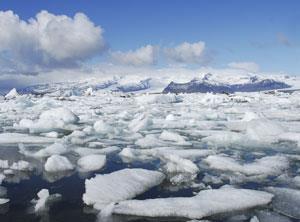

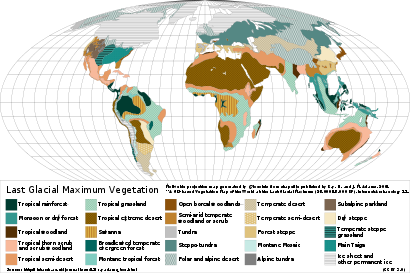













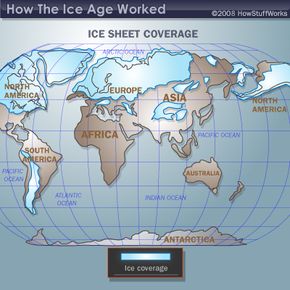
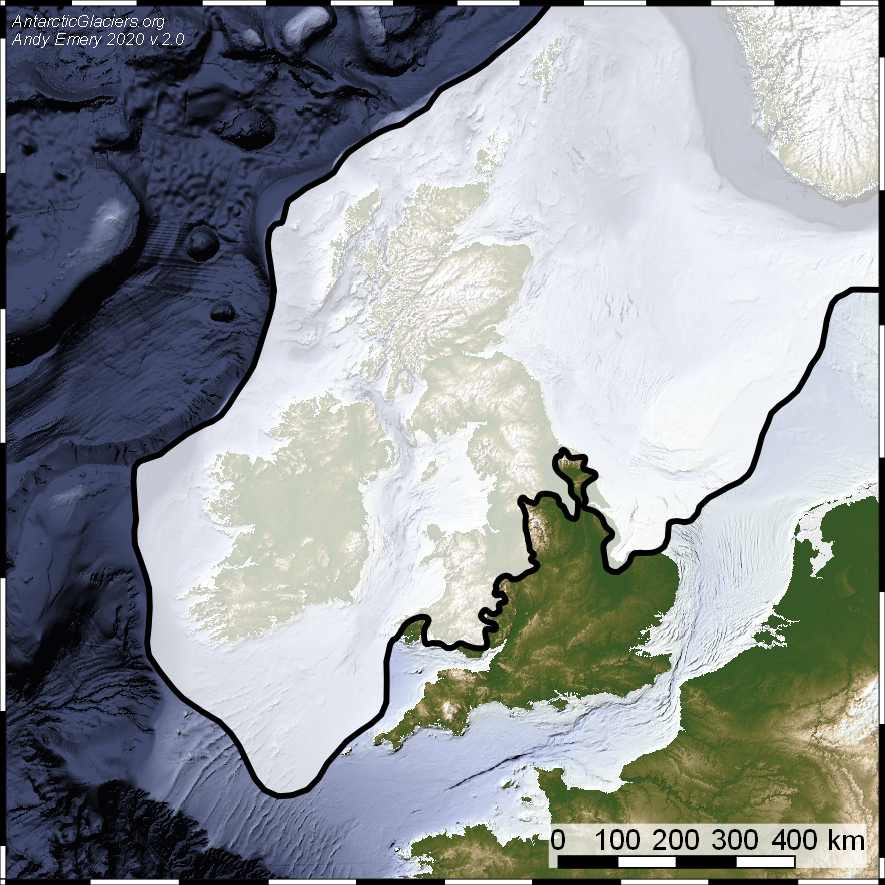
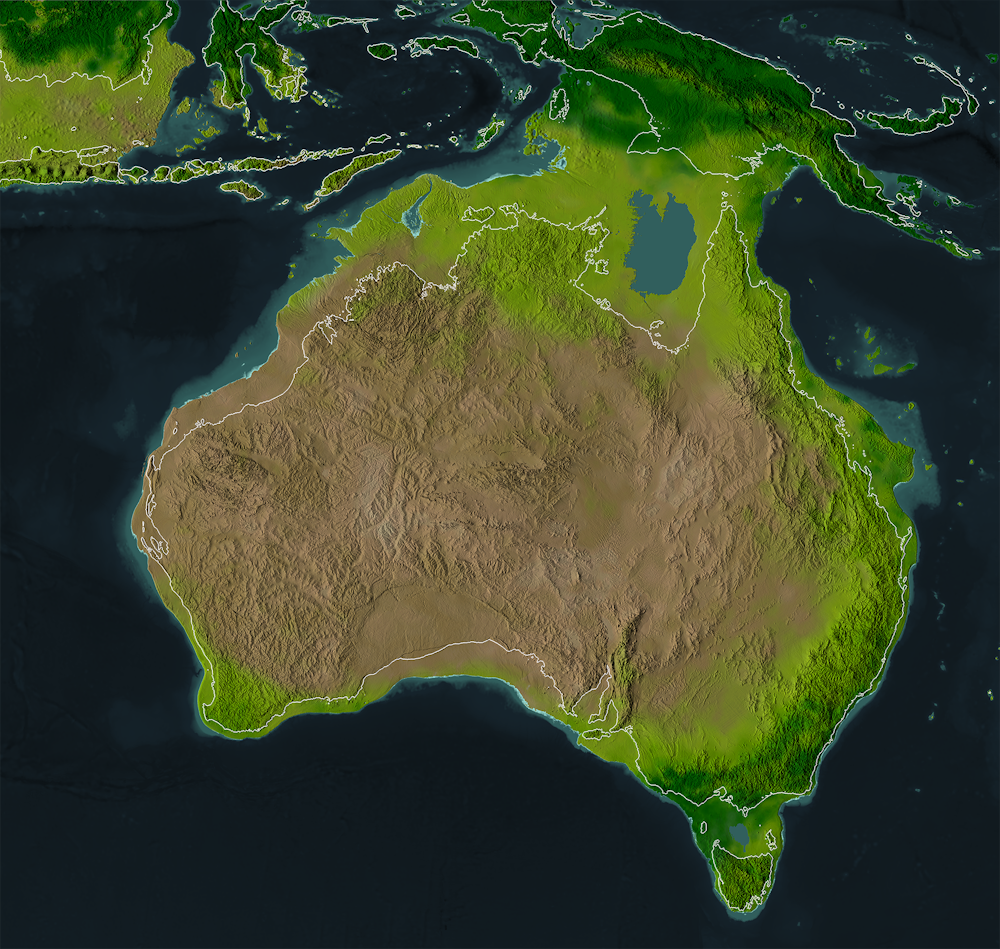

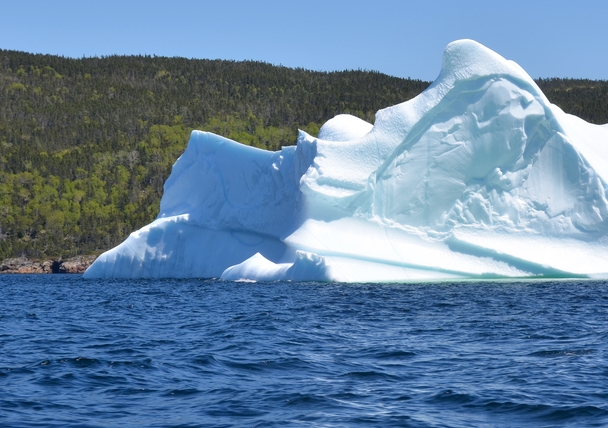

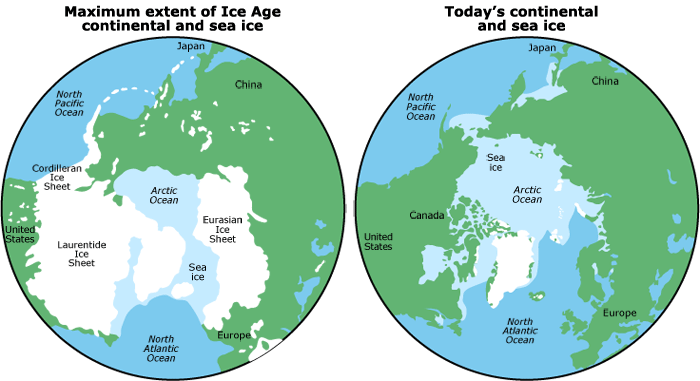
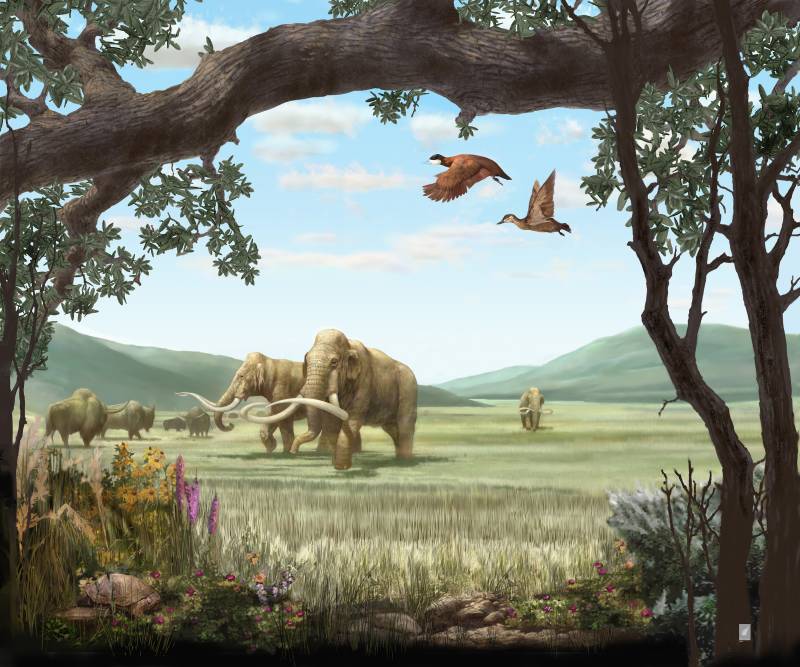

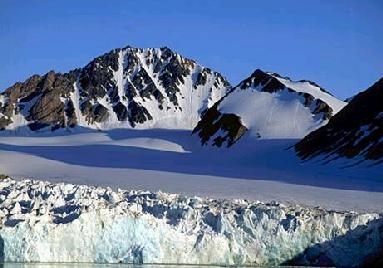
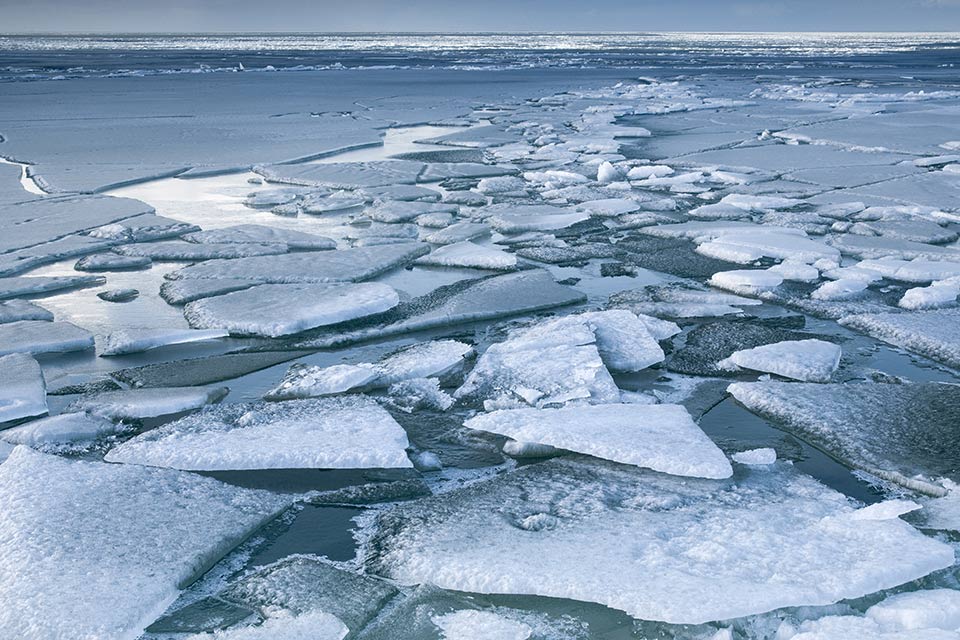



0 Response to "43 when was the last ice age"
Post a Comment